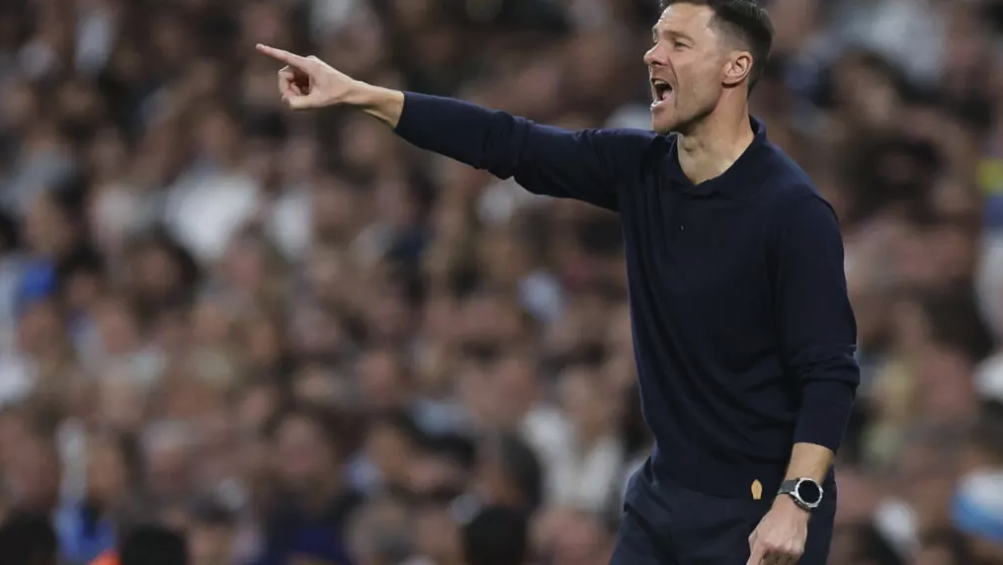Subtotal $0.00
Scotland’s World Cup ambitions
Scotland’s World Cup ambitions are defined not only by tactical drills but by the spirit of the squad. Lyndon Dykes recently stressed that the ‘family’ atmosphere around the team is as important as any system. In plain terms, Scotland team togetherness is a strategic asset as they pursue a first World Cup finals appearance since 1998. The qualification path remains demanding, but the message is clear: unity, discipline, and a shared game plan can beat stubborn odds. Parken in Copenhagen offered a reminder of that truth, where a sturdy display earned a valuable point against tough opposition. Clarke’s approach rewards cohesion over celebrity, and it hinges on leadership and depth across the squad. The coaching staff argues this culture accelerates learning and keeps players ready for rotation when needed.
As the journey continues, the focus will be on maintaining that family vibe while sharpening tactical edges. Supporters will note when the team is at its best—everyone knows their role and backs teammates. The aim remains bold: secure World Cup qualification and restore parity with Scotland’s footballing tradition. Analysts say the core strength is not just a plan but a culture. When players feel trusted, they defend bravely and attack with intent. The Parken result, and what follows, will test whether Clarke’s formula can carry the team through a brutal qualifying group. For now, stability and progress within the pattern of Scotland team togetherness are the priority.
Dykes on togetherness
Building a family: Lyndon Dykes on squad cohesion
Lyndon Dykes has become a vocal on-field leader, stepping into multiple roles for Clarke. His versatility allows Clarke to switch formations without losing balance. Yet he insists it’s the off-field ties that matter most. The ‘family’ atmosphere isn’t a slogan; it’s a daily discipline. When players train, eat, and travel together, trust grows. That trust translates into calmer heads in defense and sharper pressing in attack. Scotland team togetherness is a tangible asset, not a sentiment. Dykes believes leadership is earned through consistency, care for teammates, and a willingness to do the hard miles in training and on match days. His example helps align the squad around a shared discipline.
The squad blends veterans with newcomers, a mix designed to feed a common game plan. Dykes stresses accountability, and the group responds with shared responsibility, clear leadership, and relentless work rate. The cohesion works as a multiplier; it keeps mistakes contained and raises the performance floor. With that balance, Clarke can tailor roles while keeping Scotland team togetherness at the core of every session. The approach also preserves morale when results dip and accelerates progress when opportunities arise. In short, a cohesive unit is not optional; it’s the engine of Scotland’s qualification drive.
Parken draw analysis
Parken point: A tactical and moral win
The Parken draw was earned through organization, not miracles. Clarke demanded a compact shape, disciplined pressing, and collective covering in defense. The team stayed patient, forced the opposition into mistakes, and punished opportunities with precision. The result is more than a point; it’s a validation of method. The work rate across the squad reinforced that Scotland team togetherness remains a defining strength. The Parken performance offered a practical blueprint for away games: stay compact, move the ball quickly, and trust the system. Fans and pundits alike saw a team that thrives on unity and shared purpose.
Analysts note that this result reflects Clarke’s philosophy: build a resilient unit, not a one-man show. For fans, it’s proof that cohesion can carry games in European qualifying. The road ahead demands consistent defense, quick transitions, and a shared plan. For deeper context on Parken’s impact, see BBC Sport’s match analysis and FIFA’s World Cup coverage. BBC Sport provides ongoing notes, while FIFA offers broader tournament context.
Clarke’s squad philosophy
Open leadership and development
Steve Clarke’s management style centers on open communication and shared leadership. He invites input from players across positions and lets them grow through added responsibility. The approach reduces friction after setbacks and keeps morale high. Clarke’s path emphasizes development for players at all levels in the squad. The focus on growth keeps Scotland team togetherness steady, even when results dip. This is more than a tactic; it’s a culture shift that sustains effort through a long campaign. Such a framework helps players translate training into matchday clarity and confidence.
With clear pathways to the first team and regular training blocks, players know what’s next. The structure accelerates progress when opportunities arise in qualifiers or friendlies. In practice, this philosophy means accountability is collective, not assigned to a few stars. The result is a robust, flexible unit capable of adapting to different opponents while preserving cohesion. In short, Clarke’s squad philosophy centers on people as much as plans, which bodes well for the World Cup chase and the continued strength of Scotland team togetherness.
What lies ahead for Scotland
Roadmap to qualification
Looking ahead, Scotland face a demanding schedule with pivotal fixtures that could define their World Cup bid. The emphasis remains on consistency, discipline, and depth. Maintaining Scotland team togetherness through travel, fatigue, and pressure will be essential as the games stack up. Clarke will lean on a core of familiar faces while giving opportunities to emerging players who fit the system. The goal is simple but formidable: secure enough points to reach a finals tournament and rejoin football’s global stage after 26 years. The plan also includes measured rotations to keep legs fresh for late qualifiers.
Setbacks will happen, but the plan is to stay resilient. The squad’s unity can absorb misses and bounce back quickly. Fans should expect a steady flow of competitive performances that blend experience with youth. If Scotland continues to protect its culture of togetherness, the path to qualification becomes clearer. For broader context on the road to the World Cup, ongoing coverage from UEFA and BBC Sport will be valuable references.













